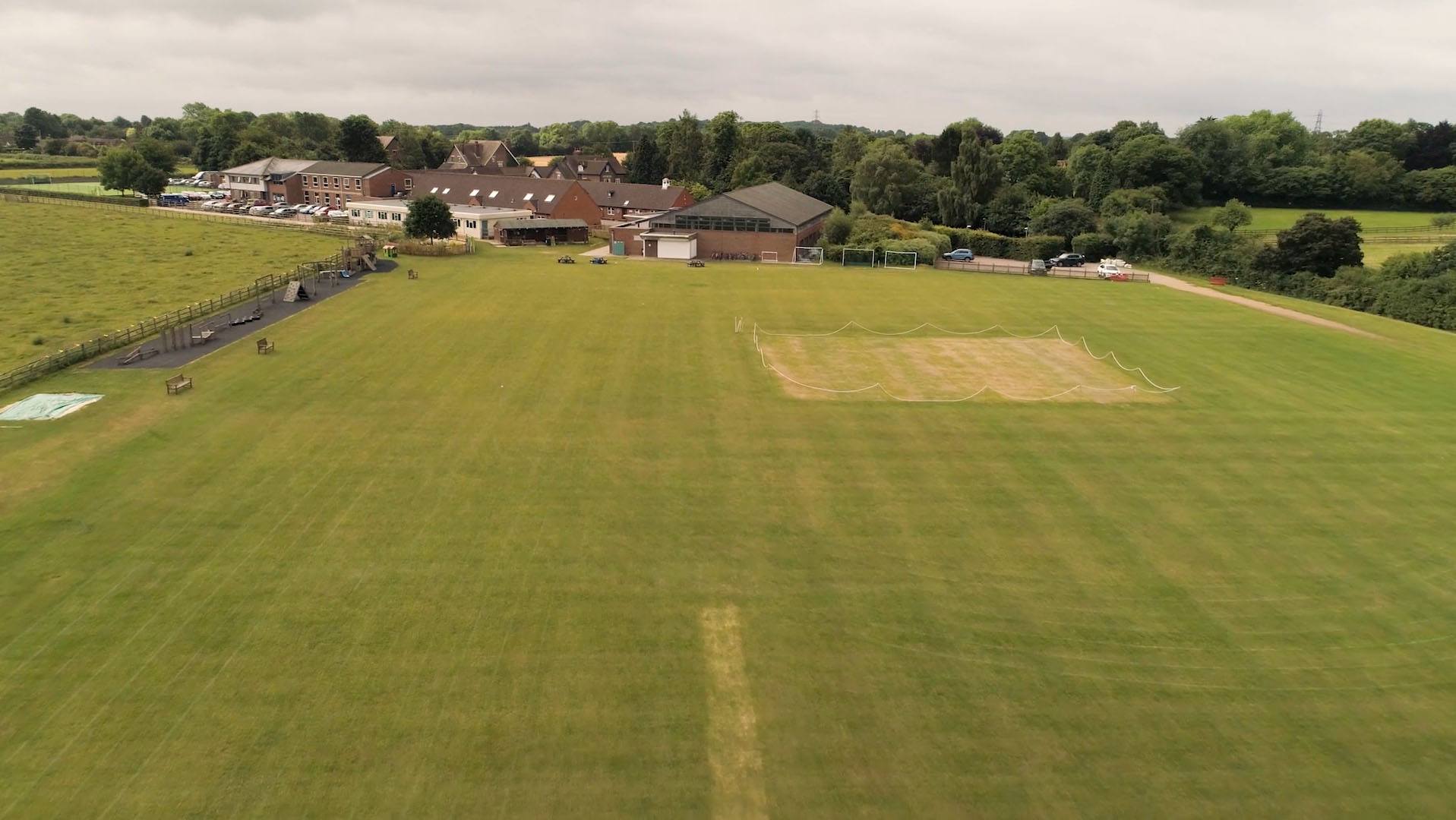If Your Child is Unwell
If your child is unwell and unable to attend school, please inform the school either by telephone, email or in person on the first day of absence, before 9:30am. Failure to do this will result in a telephone call from the office staff to ascertain the reason for absence. It is appreciated if, on his/her return to school, a letter/email is sent to confirm that your child is fit to return to school.
Infectious/Contagious Illness
If your child has an illness that is likely to be readily transmitted, he/she should not attend school for the prescribed period, or until well enough to participate fully in school life. The following table on the following page gives official exclusion periods for some of the usual diseases.
Children Who Become Unwell At School
If a child becomes unwell at school the class teacher, teaching assistant or school nurse will contact the child’s parent or carer. It is expected that an unwell child will be collected within an hour either by parents, carers or emergency contacts. If a child has vomited he/she may not return to school until a full 48 hours have elapsed from when the child was last sick.
School exclusion times for common infectious illnesses
In cases of sickness, childhood diseases, contagious diseases etc a child’s return to school should be in line with medical guidelines as recommended by the Public Health Agency (2017). These recommendation can be found at http://www.publichealth.hscni.net/sites/default/files/Guidance_on_infection_control_
in%20schools_poster.pdf
| Diarrhoea and/or vomiting | 48 hours from the last bout of illness |
| Coughs and colds with a temperature | 24 hours after the temperature has settled |
| Chickenpox |
Once all the spots have scabbed; 5-7 days from onset of the last spots |
| Slapped Cheek | A child is no longer infectious once the rash has appeared |
| Impetigo | Until lesions are crusted and healed, or 48 hours after starting treatment |
| Conjunctivitis | No exclusions |
| Hand, foot & mouth disease | No exclusions |
| Head lice | No exclusions |
| Measles | 4 days from onset of the rash |
| Scarlet fever | 24 hours after starting antibiotic treatment |
| Mumps | 5 days from the onset of the swelling |
| Cold sores | None |
| Shingles | Exclude only if rash is weeping and cannot be covered |
| Glandular fever | No exclusion |
| Whooping cough | 48 hours from starting antibiotic treatment or 21 days from onset if no antibiotic treatment |
| The school reserves the right to exclude a pupil for any other potentially contagious diseases not listed above or on the advice of the Public Health Agency. | |
If during the holidays a child is exposed to anyone suffering an infectious disease, eg chickenpox or mumps, they may return to school when term begins but the School Nurse should be informed. In the event of contact with diphtheria, poliomyelitis, typhoid or paratyphoid fever, bacillary dysentery, meningococcal infection, TB, Avian/Swine Influenza, hepatitis A, B or C, Ebola or HIV infection, or any other notifiable disease, the child should remain at home until the school has been consulted.
Returning to School After Being Unwell
Children attending school are expected to participate fully in all activities, unless there is a very specific medical reason about which the school has been informed. Coughs and colds in normally healthy children are not deemed to be serious enough to preclude them from PE. In exceptional cases children may be permitted to observe a PE lesson rather than actively take part. If you are uncertain about your child being well enough to participate in outside play, then he/she should remain at home since we cannot supervise children who remain indoors. Parents of Reception children should write a letter addressed to the Sports Department should it be deemed necessary for their child to be withdrawn from actively participating in a PE/Games lesson.
Sun Protection
In hot weather, children are expected to wear their Chesham Preparatory School legionnaire’s or sun hats at break times, therefore, these need to be in school during the second half of the Spring term, throughout the Summer term and at the beginning of the Autumn term. Parents who wish their children to have sunscreen protection should apply long-lasting cream before school. Additional sun cream may be brought to school. This must be clearly named and the child will be allowed to apply additional protection under supervision.
Head lice
Parents are requested to make regular hair checks (preferably weekly) using a fine tooth “nit comb”.
Please inform the school office or your child’s form teacher if you find head lice. This enables us to inform other parents to take preventative measures.
If head lice are detected whilst a child is at school, parents will be informed and asked to treat their child at home. A note will be sent home to all the parents of children in the affected year group, along with an information sheet on recommended treatment (see www.onceaweektakeapeek.com).
Accidents in School
Minor accidents and incidents are an inevitable part of school life, thus at Chesham Prep there is a fully qualified nurse and a number of staff are qualified First Aiders. All incidents requiring adult intervention or assistance are noted, whether or not the injury is serious enough to justify a child being sent home. Parents will be informed of incidents only if it is deemed to be necessary. Children who hurt their heads are always sent to the School Nurse or a qualified First Aider and are sent home with a form in their school bags informing parents of the nature of the injury.






